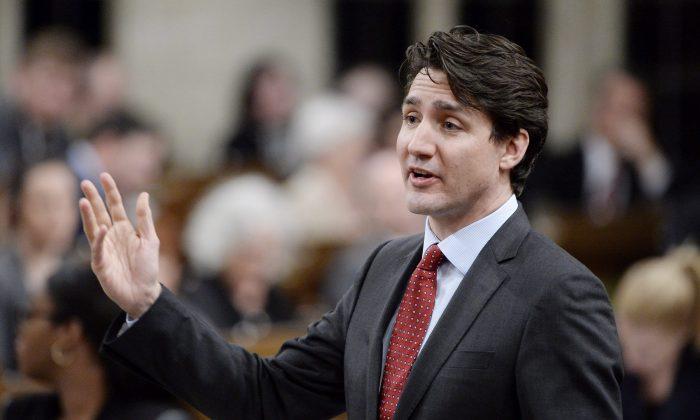Politicians scrambling to adapt to new environment on sexual harassment: PM
Prime Minister Justin Trudeau concedes that he, like all political leaders, is struggling to figure out how best to deal with allegations of sexual misconduct against members of his own caucus or cabinet.He says politicians are just now establishing processes and support systems to deal with complaints of sexual harassment or sexual assault, processes which have not existed until recently.
Family of man shot on Saskatchewan farm upset with jury selection
Family members of a Cree man shot and killed on a Saskatchewan farm say they are upset no visibly Indigenous people were chosen as jurors to oversee the murder trial.Gerald Stanley, 56, was formally arraigned on a charge of second-degree murder in the death of Colten Boushie and pleaded not guilty before jury selection began on Jan. 29 in Battleford, Sask.
During the selection process a number of both middle-aged white men and visible minorities were rejected.
“It was really difficult to sit there today and watch every single visible Indigenous person be challenged by the defence,” said Jade Tootoosis, Boushie’s cousin.
Prices of nearly 70 generic drugs to drop under new deal
A new agreement will see the prices of nearly 70 commonly prescribed generic drugs discounted by up to 90 percent of their brand name equivalents.The price discounts are to start on April 1 and will more than triple the number of drugs that were discounted under the previous generics initiative.
The drugs are collectively used by millions of Canadians to treat conditions such as high blood pressure, high cholesterol, and depression.
Officials say patients will see the savings when they fill their prescriptions, whether it’s through a public drug plan, an employee plan, or paying out of pocket.






Friends Read Free